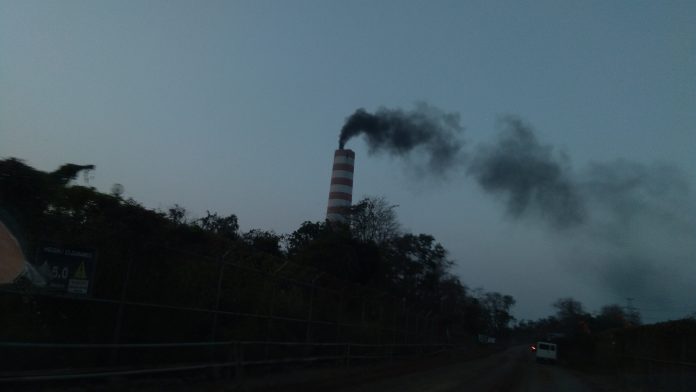A pro-environment activist group in the Philippines welcomed the result of an evaluation that calls for the assessment of the energy policy of the Asian Development Bank (ADB).
ADB’s Independent Evaluation Department formally recommended on August 31 that the bank “revisit its energy policy and formally withdraw from financing new coal-fired energy capacity.”
The department’s recommendation is aligned with the global consensus on climate emergency and the clamor against dirty energy sources.
“ADB has refrained from investing in coal-fired power plants since 2013. It now needs to align its policy to this practice and clarify its formal institutional position,” read the evaluation.
Gerry Arances, executive director of the Center for Energy, Ecology, and Development, said the IED findings “echo what environmental and climate-vulnerable groups have long been saying.”
“ADB must no longer dally in fully embracing its role as a climate actor,” said Arances.
“It is only by ending its coal financing, with the subsequent goal of full decarbonization, that the bank can truly contribute to transformative and climate-responsible development in Asia,” he said.
The recommendation came following an assessment of the bank’s “Energy Policy and Program” from 2009 to 2019.
ADB has approved US$42.5 billion worth of energy investments, which made the bank a leading financier in the region.
Marvin Taylor-Dormond, ADB’s director general for Independent Evaluation, said Asia has the “highest demand for natural resources and the largest emissions of greenhouse gases contributing to climate change.”
“Therefore, efforts of ADB’s developing member countries to curb these emissions will have a worldwide impact,” he said.
“As a leading development partner in the region, ADB can play a key role in helping address these serious environmental challenges through its energy policy,” said Dormond.
In a review on ADB’s energy lending portfolio, CEED revealed that the bank “had been profiting from high-carbon development projects and strategies.”
Arances said it is contrary to the bank’s “pronounced recognition” in its energy policy of climate imperatives.
“At first glance, the mix of its energy generation projects in the past decade is impressive, with only 19 percent of the total relying on fossil fuels,” he said.
“Looking at the installed capacity of these projects, however, we see that at least half or 14.2 GW of the power produced is from coal, fossil gas, and oil,” added Arances.
He said the bank is instrumental in Asia’s “reality of continued reliance on coal and other fossil fuels.”
Rayyan Hassan, executive director of NGO Forum, said ADB pretends to be “a green bank” but its “energy investment portfolio” tells otherwise.
He said ADB has been guided by an “outdated, fossil fuel marred energy policy that made possible its dirty commitments and legacy of bringing to life the next generation of coal technology in Asia.”
Hassan urged the bank “to align its policy to the Paris Agreement with a 1.5°C goal, paying no heed to false solutions or any form of polluting energy, especially coal.”
“It should aim to fully decarbonize its energy supply, while also promoting and supporting renewable energy innovations,” he said.









